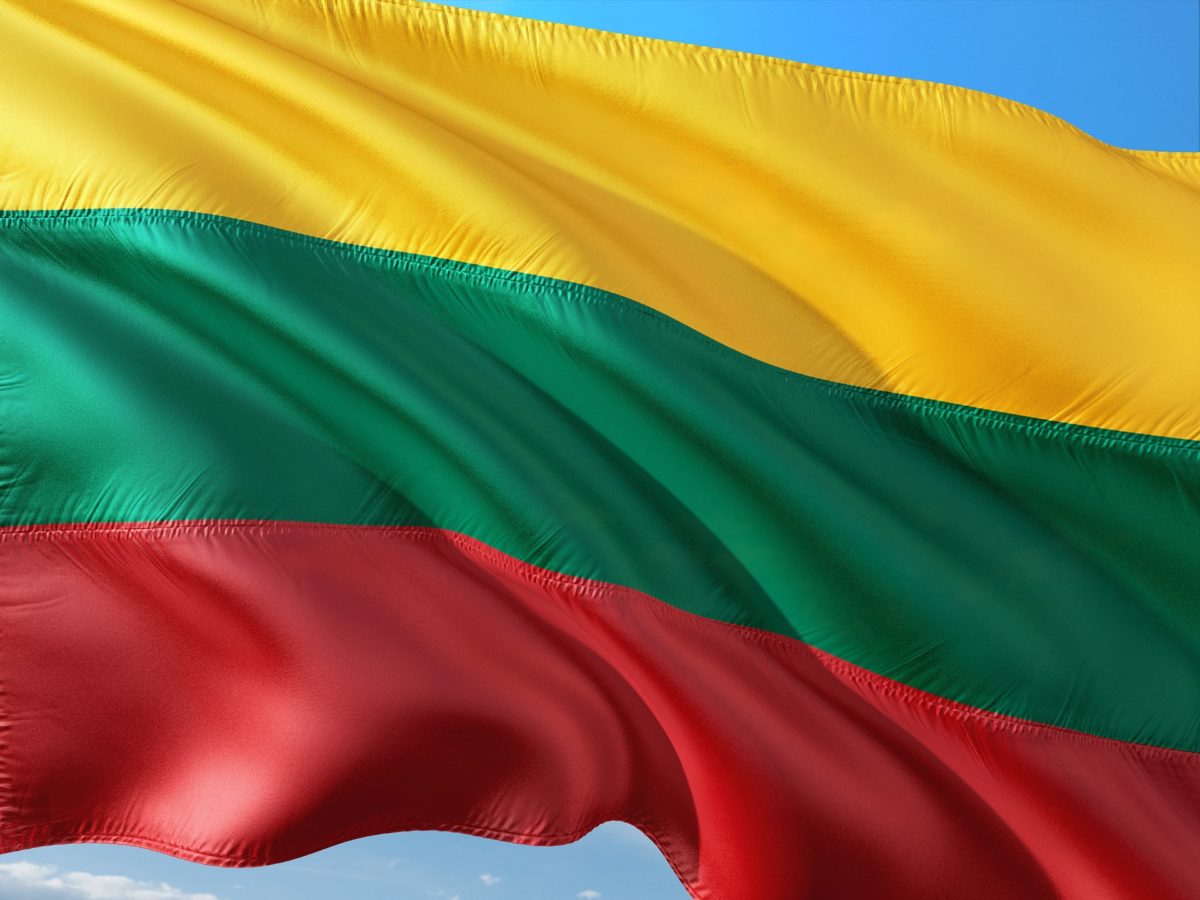The European Commission has approved Lithuania’s auction scheme for the production of electricity from renewable energy.
The scheme, which has a €385 million budget, will come into effect from next Wednesday, and will be open to technologies including solar, wind and hydropower, the commission said.
“The installations benefiting from the scheme will receive support in the form of a premium, which will be set through a competitive bidding process for all types of installations, irrespective of the size of the installation and the renewable technology used,” the commission added.
The level of premium, the commission stated, will range from the reference electricity market price to a maximum level corresponding to the average production cost of the most cost-efficient renewable energy technology in Lithuania, a figure which will be set by the country’s National Commission for Energy Control and Prices.
“The aid is also proportionate and limited to the minimum necessary, as it only covers the difference between the production costs and the market price of electricity,” the commission said.
Energy security aim
Lithuania’s regulatory framework currently supports only residential and commercial PV, through net metering. The scheme was updated in 2017 to secure 200 MW of PV generation capacity in the country by next year.
At the end of last year, according to statistics published by the International Renewable Energy Agency, Lithuania’s cumulative installed renewable energy capacity stood at 832 MW. Of that, only 86 MW is PV, with around 10 MW of solar installed in the last two years. Most of Lithuania’s solar capacity – around 68 MW – was installed between 2011 and 2013, when generous FITs were granted.
The Lithuanian government is hoping to eliminate power imports by 2050; by 2030 the administration aims to halve imports, with two-thirds of its electricity consumption to be produced domestically. The government calculates around 35% of Lithuania’s power demand can be met by domestic generation by next year.
This content is protected by copyright and may not be reused. If you want to cooperate with us and would like to reuse some of our content, please contact: editors@pv-magazine.com.




By submitting this form you agree to pv magazine using your data for the purposes of publishing your comment.
Your personal data will only be disclosed or otherwise transmitted to third parties for the purposes of spam filtering or if this is necessary for technical maintenance of the website. Any other transfer to third parties will not take place unless this is justified on the basis of applicable data protection regulations or if pv magazine is legally obliged to do so.
You may revoke this consent at any time with effect for the future, in which case your personal data will be deleted immediately. Otherwise, your data will be deleted if pv magazine has processed your request or the purpose of data storage is fulfilled.
Further information on data privacy can be found in our Data Protection Policy.